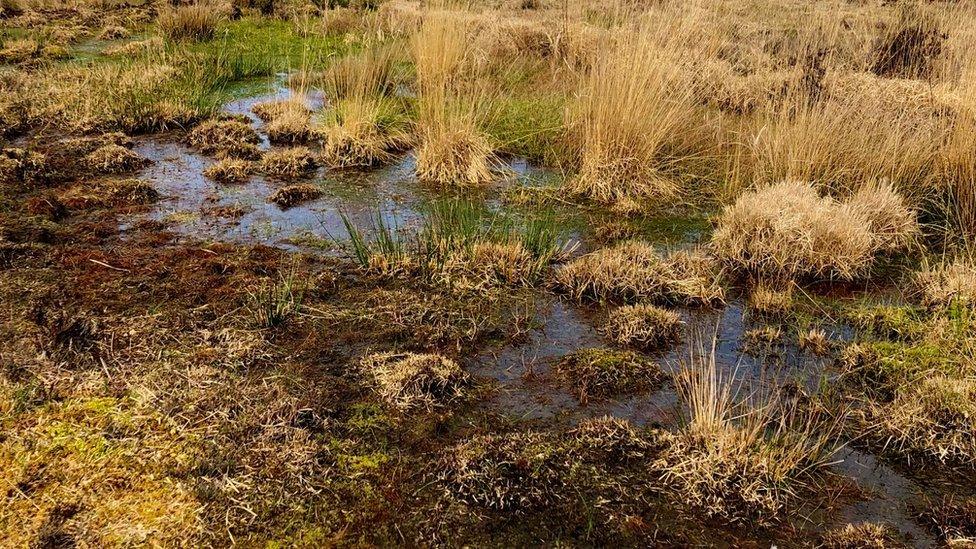Somerset RSPB calls for peat digging ban at Ham Wall
- Published
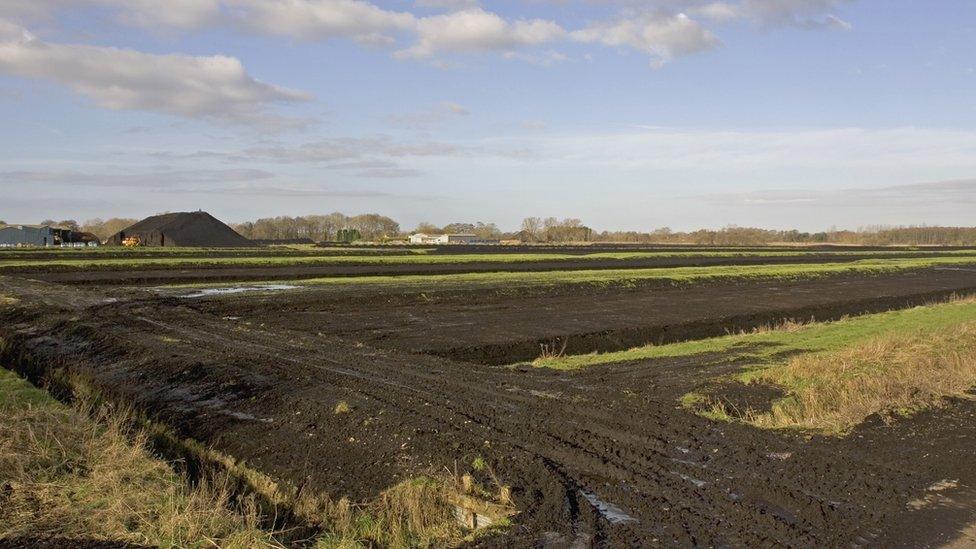
The licence for peat extraction is being reviewed by Somerset County Council
Environmental charities are calling for a ban on peat digging because of its impact on wildlife and climate change.
Somerset Wildlife Trust, external and the RSPB are asking the government to work with them to stop peat extraction at Ham Wall Nature Reserve, external near Glastonbury.
Permissions to extract peat from the Somerset Levels have been in place since the 1950s and are under review.
However, Somerset County Council is only able to suggest conditions and is powerless to revoke the licence.
1950s agreement
Peatlands are layers of carbon from partially decayed vegetation that have built up in a waterlogged environment over thousands of years.
It is also habitat for wildlife, including dragonflies and wading birds, and digging it up is considered damaging to the environment.
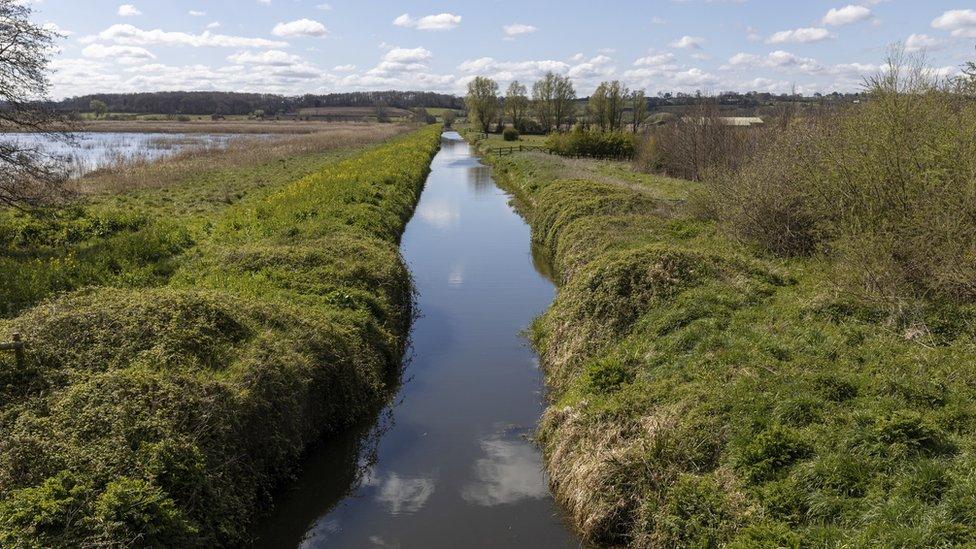
Peatlands are home to many species of wading birds and insects
"Peat is a vital carbon store and its value as such is now widely accepted, including in the Government's own recently published England Peat Action Plan," Nick Bruce-White, RSPB Operations Director, said.
"We simply cannot accept that a permission to dig peat granted in the 1950s should be allowed to remain given the current [climate] emergency."
A review of the licence, as required by law, has been brought before Somerset County Council, external.
Once the review is completed, as things stand, peat can be extracted to sell on as garden compost or burned as fuel.
Climate change
Somerset Wildlife Trust said that would release more carbon into the atmosphere and reduce the wildlife habitat.
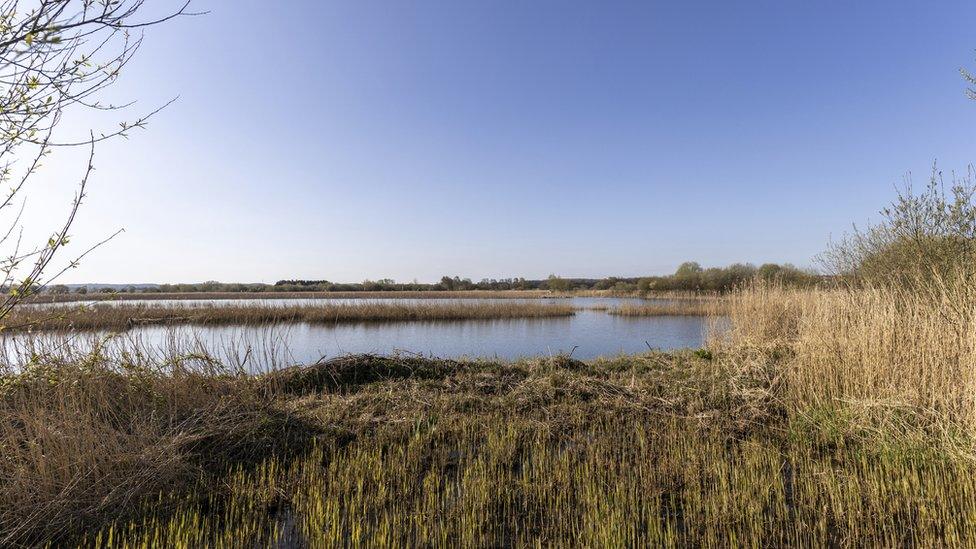
Peat bogs have no limit to the amount of C02 they are able to store
"These are precious and threatened wildlife habitats, home to some amazing species... and store carbon in the wet peat soils," Georgia Stokes, CEO of Somerset Wildlife Trust, said.
"It takes 1,000 years to grow a metre of peat, so we can't keep digging it up."
Defra, external has announced a ban on peat compost sales to the public from 2024 as part of the government's bid to tackle climate change.
The Somerset Wildlife Trust has also raised the issue with Defra Minister and Somerset MP, Rebecca Pow.
Related topics
- Published19 May 2021
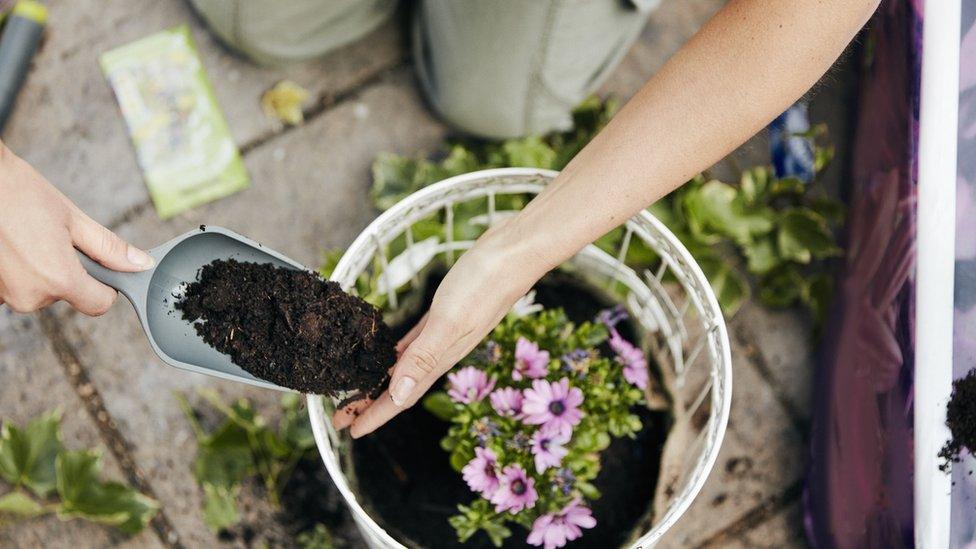
- Published22 July 2019
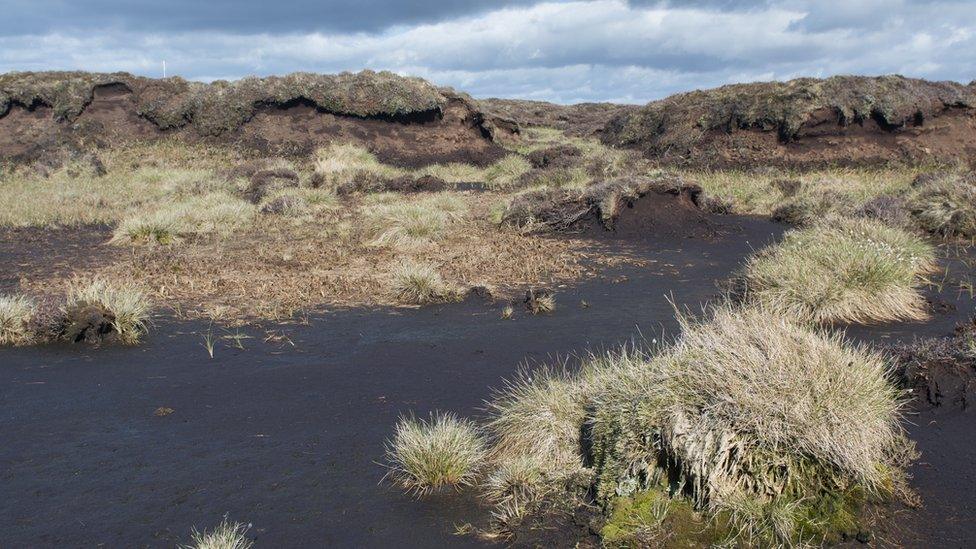
- Published7 August 2020
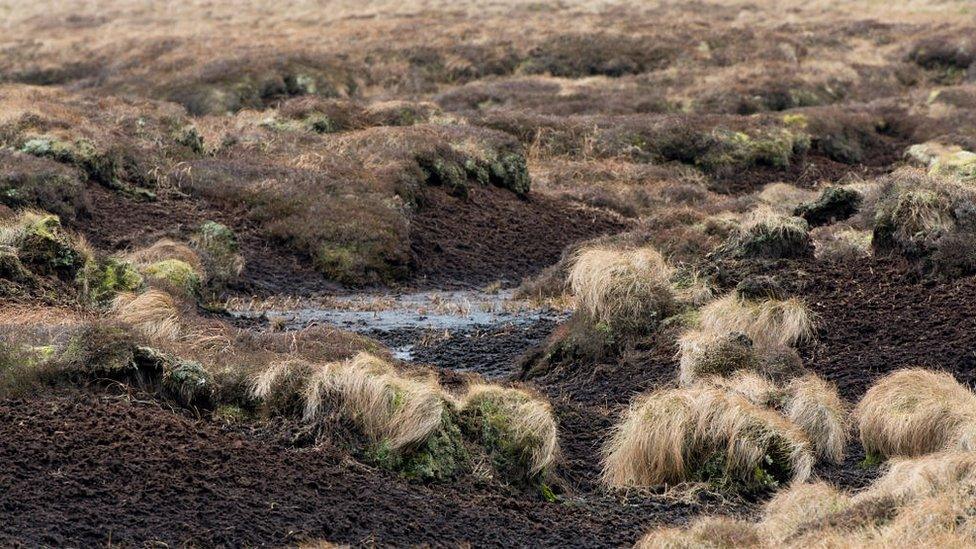
- Published2 April 2021
